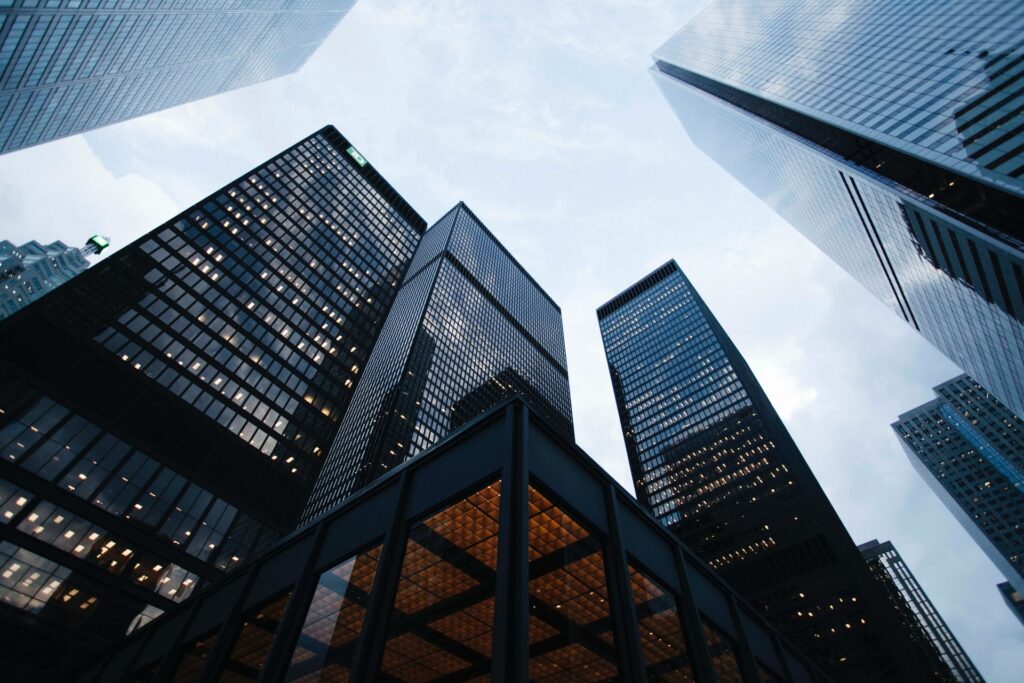
Introduction:
Property development plays a vital role in shaping the urban landscape and creating vibrant communities. With careful planning and thoughtful design, property developers have the opportunity to positively impact the built environment, enhance the quality of life for residents, and foster a sense of community. In this article, Mark Mariani will explore the impact of property development on urban spaces and the importance of creating inclusive, sustainable, and thriving communities.
I. Creating Functional and Sustainable Spaces
Property development has the power to transform underutilized or dilapidated areas into functional and sustainable spaces. Developers can design buildings and infrastructure that optimize land use, promote energy efficiency, and incorporate green spaces. By considering the long-term sustainability of their projects, developers contribute to the overall well-being of urban communities, improve the local environment, and reduce the ecological footprint.
II. Enhancing Accessibility and Connectivity
Well-planned property developments contribute to improved accessibility and connectivity within urban areas. Developers can design projects that integrate with existing transportation networks, provide pedestrian-friendly infrastructure, and prioritize accessibility for people with disabilities. Creating walkable neighborhoods, promoting public transportation, and incorporating cycling infrastructure not only improve mobility but also foster a sense of community and encourage active lifestyles.
III. Fostering Social Interaction and Community Engagement
Property development has the potential to foster social interaction and community engagement. Developers can create public spaces, such as parks, plazas, and community centers, that serve as gathering points for residents. By integrating amenities and communal areas, developers encourage interaction, facilitate social connections, and create opportunities for community events and activities. These spaces play a crucial role in building a sense of belonging and strengthening community bonds.
IV. Promoting Economic Growth and Opportunity
Property development can act as a catalyst for economic growth and opportunity in urban areas. Developers have the opportunity to create mixed-use developments that combine residential, commercial, and retail spaces, attracting businesses and fostering entrepreneurship. By bringing new investment, job opportunities, and increased foot traffic, property development contributes to the economic vitality of the community, stimulates local businesses, and enhances the overall prosperity of the area.
V. Preserving Cultural Heritage and Identity
Responsible property development acknowledges and preserves the cultural heritage and identity of the community. Developers can incorporate architectural styles, materials, or design elements that reflect the local history and context. By respecting the existing character of the neighborhood and engaging with local stakeholders, developers contribute to the preservation of cultural heritage, which in turn fosters a sense of pride and identity among residents.
Conclusion:
Property development has a profound impact on urban spaces and the communities that inhabit them. By creating functional and sustainable spaces, enhancing accessibility and connectivity, fostering social interaction and community engagement, promoting economic growth, and preserving cultural heritage, developers have the power to shape cities in positive and transformative ways. By prioritizing the creation of inclusive, sustainable, and thriving communities, property developers contribute to the overall well-being and livability of urban areas, leaving a lasting legacy that benefits present and future generations.